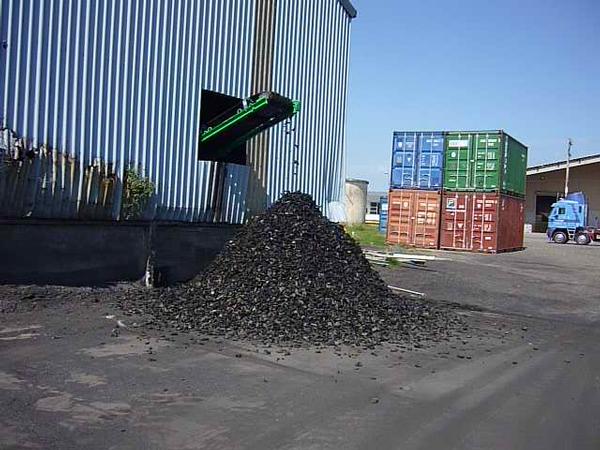Getting tired of tyres on the farm?
Thursday 16 February 2012, 4:29PM
By Waste Watchers Ltd
564 views
Carbon Recovery Ltd, a Bay of Plenty and Waikato based company has had an overwhelming response to its new recycling programme called Tyre Back.
Company General Manager Ray Austen says “many farmers are sick of dirty, filthy tyres that have been sitting around the property for years. They’ve jumped on board and our 0800 number hasn’t stopped ringing.”
Carbon Recovery can recycle all scrap tyres. That means car tyres, truck tyres and oversized tyres from tractors and large machines can all be collected, cut, chipped into a fuel and exported as a commodity rather than dumped into our landfills or thrown down the nearest gully.
Part of the problem according to Ray is that the cost of removing tyres from farms in the future could hit farmers in the back pocket. Many people are starting to realise this now. There could be up to 50 million of them sitting around the countryside leaching into the soil and providing a perfect breeding ground for mosquitoes.
“At some stage in the future that pile of tyres sitting against the fence or next to the shed could become a costly removal exercise for many farms says Mr Austen.”
“Often when there is a change in the farming practice, the farm is sold or there is simply no use for the piles of tyres sitting around - that’s when my phone starts to ring hot.”
Trucking charges and landfill fees keep increasing every year and the bloke from the tyre shop that dropped them off, certainly doesn’t want them back.”
Many people are surprised that there is a small cost for recycling tyres. Unfortunately like old televisions, cans of paint, silage wrap or used chemical containers, tyres don’t have an immediate value. That’s why we need to charge a small fee and most of it goes toward the cost of transporting the tyres to our processing centre. The fee pays the cost of collecting and trucking the tyres to our processing centre.
Special equipment is required to do the job properly, so there is a cost to transport the tyres and a cost to dismantle and chip the tyres. “It’s the same reason customers are charged a disposal fee by tyre shops when they purchase new tyres.”
The message from Mr Austen is that you can get rid of that unwanted pile of tyres in an environmentally responsible way before it becomes a health risk and cost for the next generation. “Don’t leave them for your kids to clean up.”
Tyres can become breeding grounds for pests such as rats and mosquitoes. They can also leach into the soil over time. Tyres contain natural and synthetic rubbers, carbon black, oils, resins, sulphur, zinc and a variety of other chemicals.
It’s illegal to burn them, burry them or use them in drains. It’s best to get them off the farm if they’re no longer required.
